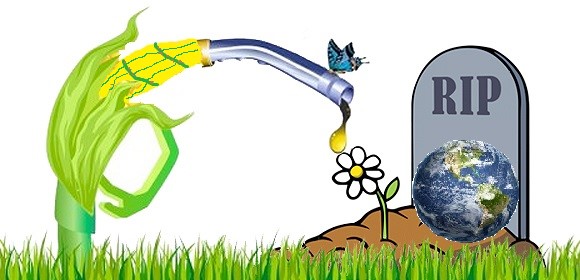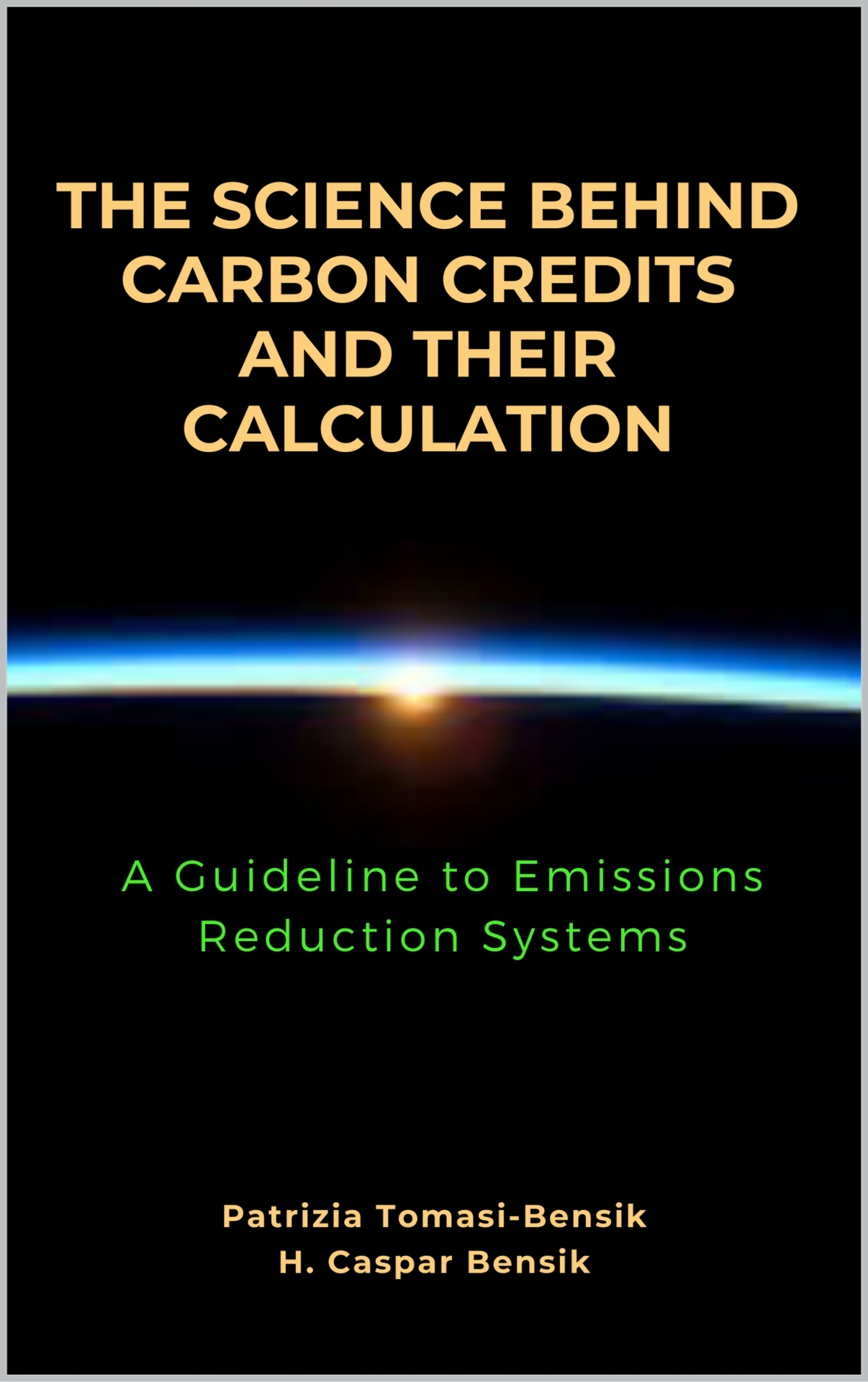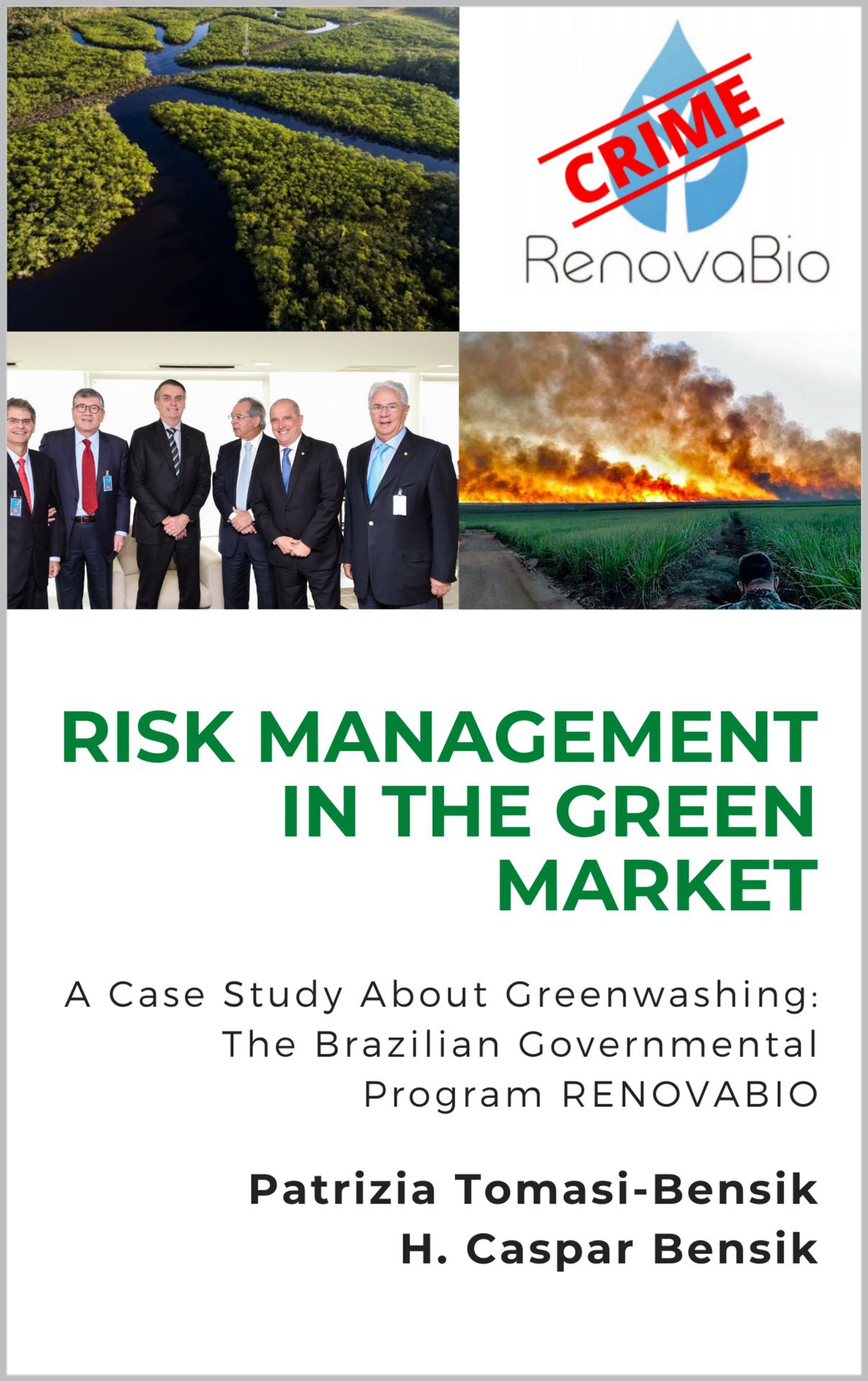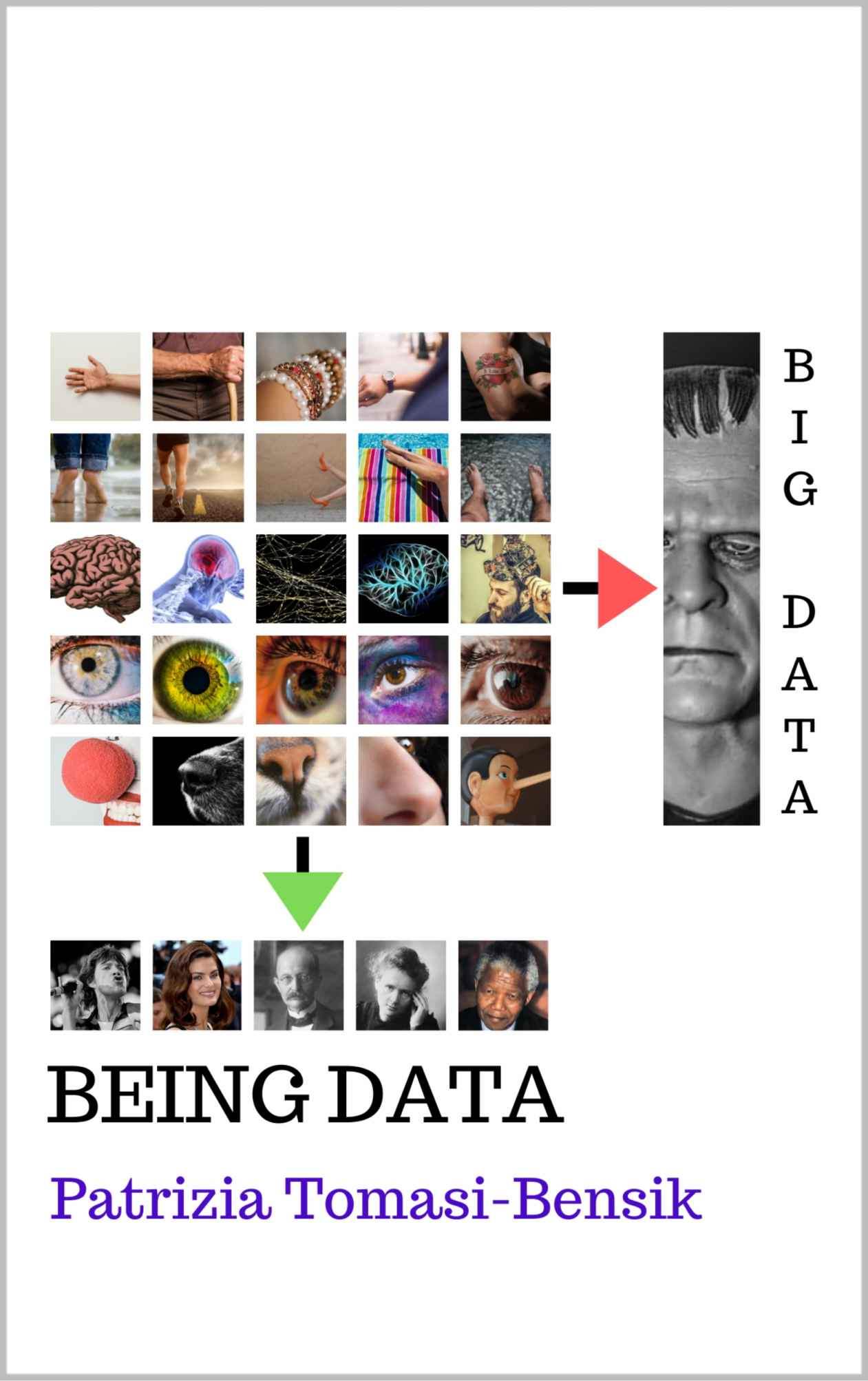Planck E PressCenter Articles
Raizen and the Ethanol that Kills
Date published: 2022-11-11
Date modified: 2022-11-11
Reading time: 00:02:00

"Man is not what he thinks he is, he is what he hides."
André Malraux
As in a Goebbels fantasy, the Brazilian sugar-alcohol sector, or rather: the rich and powerful Brazilian sugar-alcohol sector preaches its sustainability to the four winds.
I stick faithfully to the correct use of language. Sustainable is everything that supports itself; that maintains itself. And an industry that enjoys the privilege of choosing between producing sugar or alcohol, depending on market prices, is unequivocally sustainable.
However, this vaunted sustainability -perhaps due to a lack of knowledge of etymology- wants, aspires, and desperately seeks to refer to eco-sustainability or the ability to behave respecting the environment. Dolorously, the self-praise could not be further from reality.
The slogan of Raízen, the largest ethanol producer on the planet, is Raízen Energy: Generating Clean and Renewable Energy. Let's see.
In 2013, Raízen and Basf were fined US$40 million for the contamination of workers in Paulínia, in the interior of the state of São Paulo.
The lawsuit perpetrated by the Brazilian Ministry of Labor, which began in 2006, found, through careful investigations carried out over the years, the negligence of companies related to their employees in the production of pesticides that contaminated the soil and water reserves with the chemical substances aldrin, endrin, and dieldrin; carcinogenic substances. Operating without any company directive for safety -over the course of 7 years, between the filing of the lawsuit in 2006 and the conclusion of the agreement in 2013- the chemicals led to the deaths of 60 employees. The settlement eventually guaranteed lifetime treatment to 1058 victims, in addition to all those who can demonstrate – in the future – the need for care.
In 2018, the Brazilian justice system investigated Raízen for gang formation.
On June 6, 2021, a reactor exploded at Raízen's Costa Pinto sugar mill in Piracicaba. It had already been the second accident, and, according to employees, the resulting deaths and serious injuries were all covered up. In shock, the personnel reported the absolute disregard of the company for the imminent risks related to the lack of proper equipment maintenance.
In July 2022, Raízen was fined for dumping vinasse into a tributary of the Piracicaba River, causing the death of the entire local fish population. The amount of the penalty? A meager US$50 thousand.
If you are still not convinced about the disagreement between the slogan of Raízen and its modus operandi, read my book Risk Management in the Green Market. You will learn more about the government program RENOVABIO, a crime of market reserve and embezzlement, which generates false carbon credits and is acclaimed by Raízen, in its market prospectuses, as "The Largest Decarbonization Program in the World." Moreover, you will find detailed explanations of Raízen's convictions related to slave labor and the poisoning of indigenous children. If not yet persuaded, you will undeniably be outraged.
Recent Presscenter Articles
-
The Parametrization of Science
-
A Scientific Impossibility
-
The Unsustainable Stability of the Atom
-
The Bell-Curve and the Neutron
Planck E - Books
For further information about Planck E PressCenter, please contact us.
Divulging ingenious solutions
The mission of the Planck E PressCenter is to promote ideas, products and theories that have not yet reached the mainstream, as captured in our first release Eccentrics and their Ingenious Solutions.
Newsletter
Sign up for our weekly Planck E Newsletter, complete with the latest ingenious solutions.
Click here for the signup form.
Submit your ingenious solution
We encourage you to submit your ingenious solution, article, press release or "out of the mainstream" technical idea for publication on the Planck E PressCenter. Please send us an e-mail to presscenter@planck-e.com and enquire how.
To learn more about holistic engineering, solutions inspired by nature, monetization of diseconomies, training courses or the incorporation of Being Data to your day-to-day, please follow us on the social networks.



